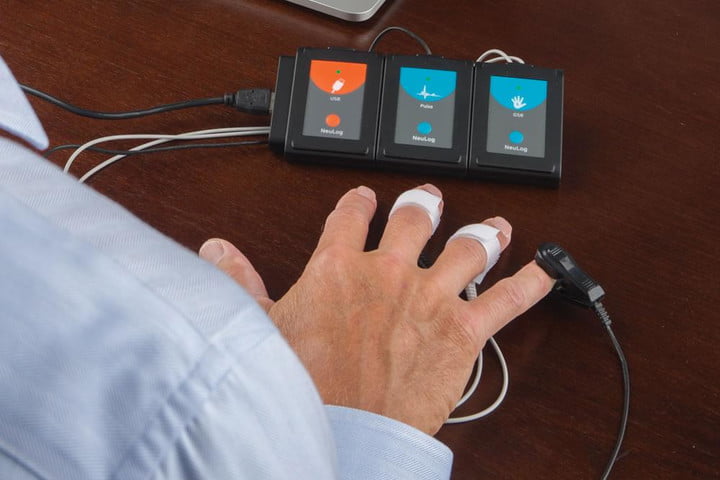Researchers have found a way to turn your smartphone into a lie detector. According to a computer scientists at the University of Copenhagen, a new machine learning algorithm can identify honesty and dishonesty. The algorithm analyzes how you swipe or tap a smartphone. According to a research paper published on Friday, as dishonest interactions often take longer and involve more hand movement than honest ones.
The algorithm is called Veritaps. The application uses the algorithm by flashing a green check mark when truthful statements are entered into a smartphone and notes doubtful information with a red question mark. The application gives the user a list of questionable messages and the user has to choose the option provided by the app. The experimental app only runs on Android phones and isn’t available to the public.
By this mobile lie detection application, a lot of ethical questions will be raised.
NuraLogix’s Lee, a developer of Veritaps says,
“We are worried about invasion of privacy, given that personal information, such as heart rate and blood pressure, is collected. Veritaps or a similar algorithm could cause rifts between friends if they become suspicious of a questionable message. It could also lead to a rise in unwarranted suspicion in regard to online transactions. It’s easy to foresee how this can be used in nonoptimal ways, what we suggest is that it doesn’t report on lie classification, but instead it reports on truths because that means that you can verify an interaction.”
This means that Veritaps application warns that its results shouldn’t be seen as lie detection, but rather as a flag for information that should be verified for assuming anything. But seeing this application it seems smartphones will soon be smart enough to detect our unspoken truths and our not-so-subtle lies.
Would you download this application? Let us know in the comments below.












